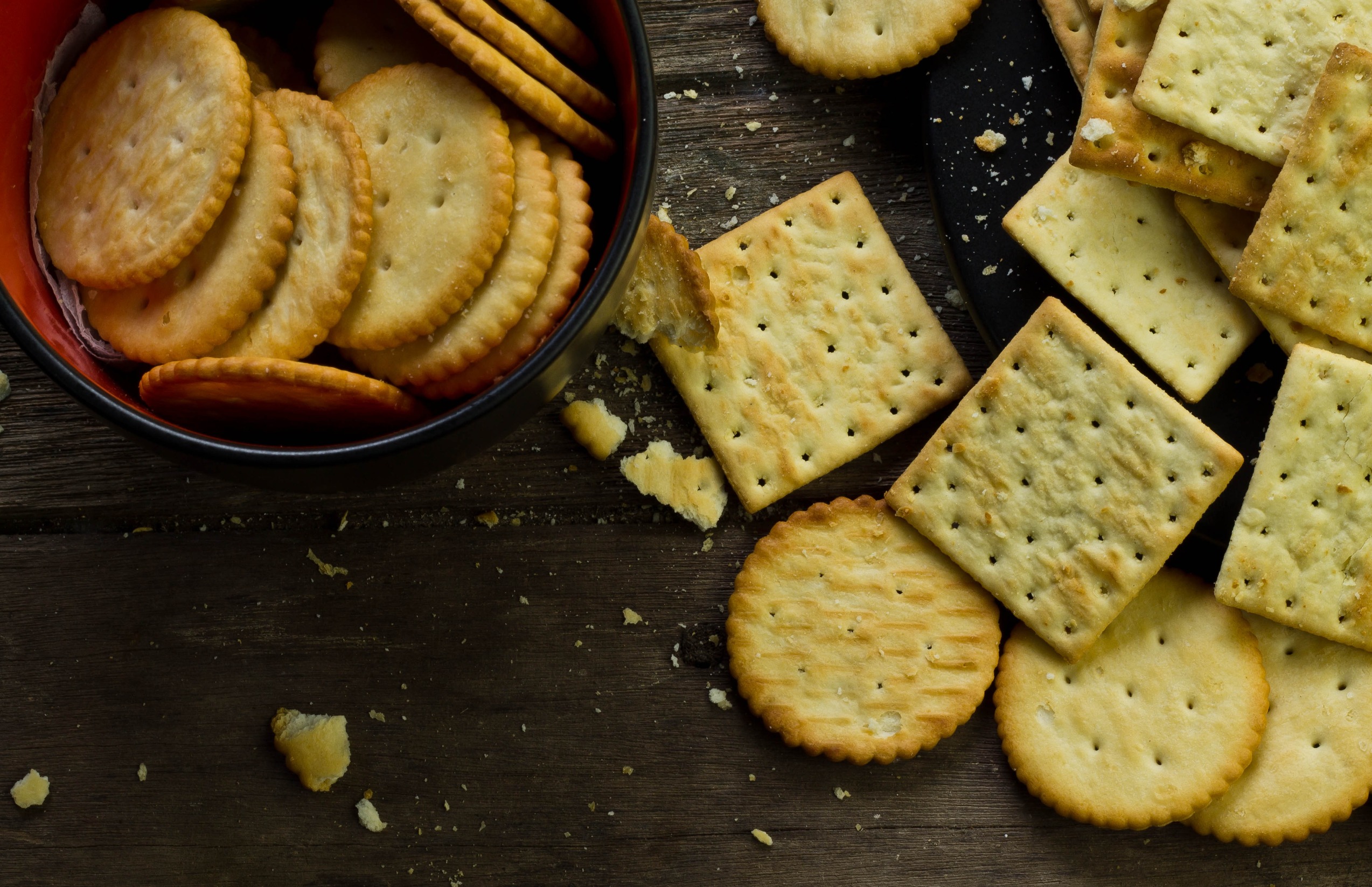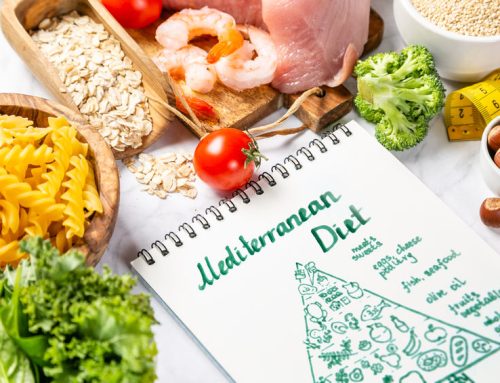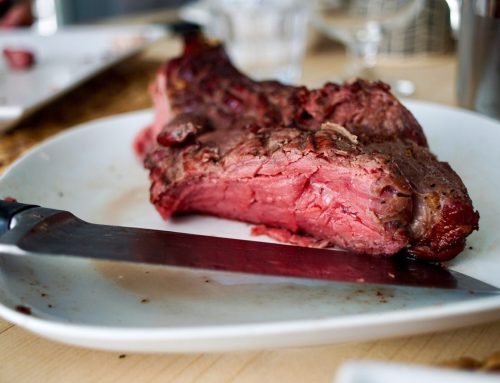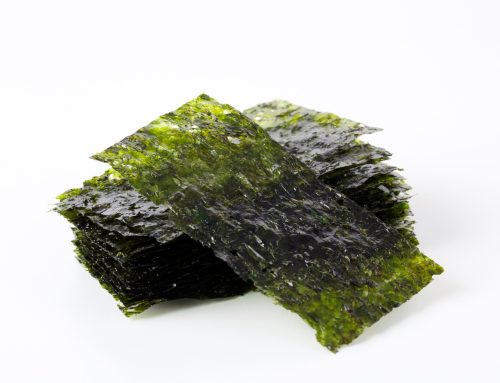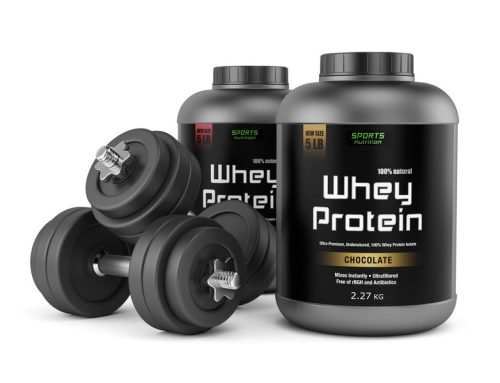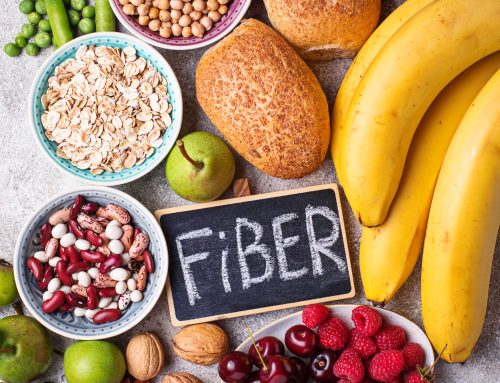Want to know what foods contain high fructose corn syrup? Dietitians say high fructose corn syrup is lurking in some of the foods you’d least expect.
High Fructose Corn Syrup (HFCS) is a sweetener made from cornstarch that has earned a negative reputation over recent years. You can find this sweetener in drinks, like soda and juice, added into processed foods, and in unassuming products, like bread and condiments. Many have blamed HFCS for the obesity epidemic seen in the United States. While one single ingredient is unlikely to be responsible for health issues and weight gain seen amongst millions, its pervasiveness in common foods could certainly be contributing to expanding waistlines.
As its name suggests, fructose is the sugar that makes up HFCS. To create this liquid sweetener, corn is combined with water and enzymes to produce corn syrup. Once the liquid has formed, additional enzymes are introduced to convert some of the naturally occurring glucose into fructose. Having a higher percentage of fructose creates a product that is very sweet, even sweeter than table sugar (sucrose), and less expensive. This is ideal for manufacturers because they now have a versatile ingredient with highly concentrated sweetness. This results in being able to use less product to yield the desired flavor profile.
Research indicates that high sugar diets, which can include HFCS, may increase blood levels of triglycerides, sugar and blood pressure. Additionally, it could increase risk for obesity. Because of this, all forms of added sugar should be limited. The American Heart Association (AHA) recommends women limit their intake to 25 grams per day, while men should limit to 36 grams. Luckily, many manufacturers have removed HFCS from their recipes, but it is still lurking in plenty of foods.
What Foods Contain Hugh Fructose Corn Syrup?
You may not know what foods contain high fructose corn syrup. To help you be more aware of foods to look out for, here are 11 surprising foods that contain high fructose corn syrup.
1 Crackers
When you crunch into a cracker, the first flavor you notice is probably salt. Surprisingly, some popular crackers contain HFCS, too. Club Crackers are one example. This ingredient is listed near the bottom of the list, and there is only one gram of added sugar per serving, but multiple servings could contribute several grams to your day. Not to mention, you may enjoy this snack with a spread or dip that also contain HFCS, leading to even more of this sweetener in a single day.
2 Jelly
While you may have found peanut butter on this list is past years, many popular brands have swapped HFCS for other sweeteners. However, the jelly often enjoyed with PB is still a common source. Smucker’s brand, in particular, has several varieties of jelly that contain this sweetener. Instead of store-bought jelly, try making your own at home by heating frozen berries, mixing in chia seeds, and mashing with a fork. This creates a chunky spread loaded with nutrients and foregoes any added sugar.
3 Canned fruit
Even though it’s a convenient way to get a serving of produce, you may actually be better off skipping canned fruit. While you’ll still get some of the nutrients that naturally occur in each fruit, like vitamin C, others have been reduced during processing. Not to mention, many varieties have HFCS and other sweeteners added in.
Take these Del Monte Sliced Peaches for example, they contain three different types of sugar, including HFCS! Next time, stick with fresh or frozen fruit that does not contain any added sugar and has more nutrients, like fiber, still intact.
4 Bread
Another food that is not overtly sweet, yet contains HFCS, is bread. You’re more likely to find this sweetener in white bread versus wheat and whole grain varieties, although those options often contain some form of sweetener. Sunbeam White Bread contains two grams of added sugar, including HFCS, and zero fiber. This makes it a less than ideal option. Fiber aids in digestion and fullness, so look for bread options that have at least tw0 grams of fiber per serving, while limiting added sugar of any form.
5 Applesauce
Another convenient fruit option that may actually be hurting your waistline is applesauce. Mott’s Applesauce is a source of HFCS, and each serving contains seven grams of added sugar. While this leaves much to be desired, there are many pureed fruit options that come without added sweeteners. In fact, Mott’s offers several varieties of applesauce with no added sugar, making it easy to swap your traditional applesauce for a better-for-you version.
6 Breakfast sandwiches
Although these items often present more savory, you’ll find sweeteners in many varieties of breakfast sandwiches. This Jimmy Dean Sausage, Egg & Cheese Croissant Sandwich contains HFCS and five grams of added sugar. Although it makes for an easy source of protein and calories as you head out the door in the morning, you can easily make your own quick breakfast without added sugar.
For example, prepare homemade breakfast burritos in bulk and freeze them to increase shelf life. Scramble eggs and vegetables together, load into a whole grain tortilla, top with shredded cheese and allow to cool before rolling up. Wrap in foil and store in the freezer. You can move your burrito to the fridge the night before to allow for defrosting, and pop in the microwave to heat it up in the morning.
7 BBQ sauce
Condiments are a common source of added sugar, and BBQ sauce is no exception. In fact, this option from Sweet Baby Ray’s has HFCS listed as the first ingredient! You’ll find a whopping 16 grams of added sugar in a two-tablespoon serving. Chances are, you are using a large portion that this resulting in even higher sugar counts for your meal.
While condiments add flavor to meals, stick with options that don’t contain added sugar. Mustard is great, as it is generally very low in calories with no added sugar.
8 Cocktail sauce
Cocktail sauce is another condiment that often contains high fructose corn syrup, and Heinz Cocktail Sauce contains 12 grams of added sugar per tablespoon. This is often paired with shrimp, a lean protein that contains important vitamins and minerals. Instead of prepared cocktail sauce, try serving hot sauce with your chilled shrimp instead. This adds loads of flavor without added sugar. Additionally, you can make you own simple cocktail sauce by combining sugar-free ketchup with garlic, lemon juice, Worcestershire, and horseradish if you like some heat.
9 Ketchup
A mix of tangy and mildly sweet, ketchup can be another source of high fructose corn syrup. In fact, this Heinz variety contains two forms of sweetener and four grams of added sugar per tablespoon. And, let’s be honest, many adults and kids will use far more than a single serving in a sitting. Ketchup options made without added sugar are available, so browse the grocery store isles next time find options with less added sugar.
10 Maple syrup
Although this pancake topper is known for its sweetness, you may think this is natural sugar straight from the tree. While this is true for 100% maple syrup, most syrups on the market are a mixture of artificial colors, flavorings, and sweeteners. In the case of Pearl Milling Company’s Original Syrup, HFCS is the second ingredients listed, right behind corn syrup. Although 100% maple syrup is still considered an added sugar, at least you’ll skip the artificial ingredients and questionable manufactured sweeteners.
11 Steak sauce
A tomato-base with spices and seasonings, there could be high fructose corn syrup lurking in your steak sauce. Heinz 57 Sauce lists HFCS as the second ingredient, providing nearly all of the calories in this sauce. While many enjoy a tangy sauce paired with a juicy steak, try keeping it simple next time you grill. A little salt and pepper can go a long way in enhancing the natural flavor of beef. If you are looking for more flavor, try adding spices instead of sugar-containing sauce. Chili powder, cumin, and smoked paprika pair wonderfully with steak.
Click here to learn more about what foods contain high fructose corn syrup.


